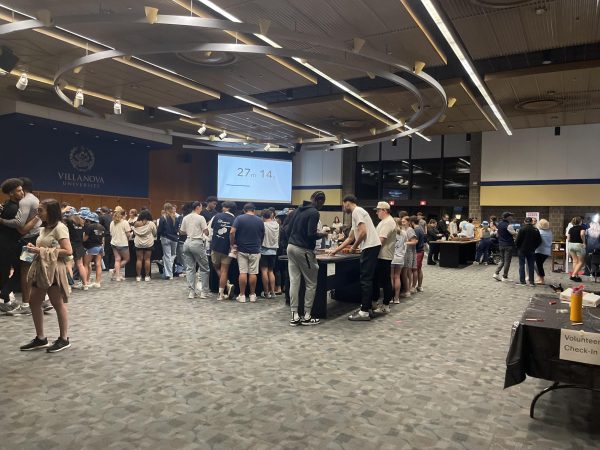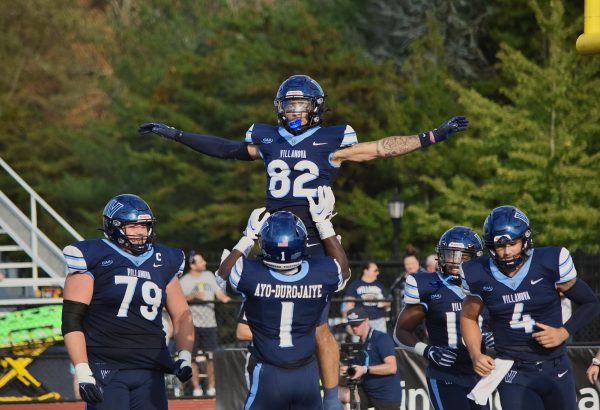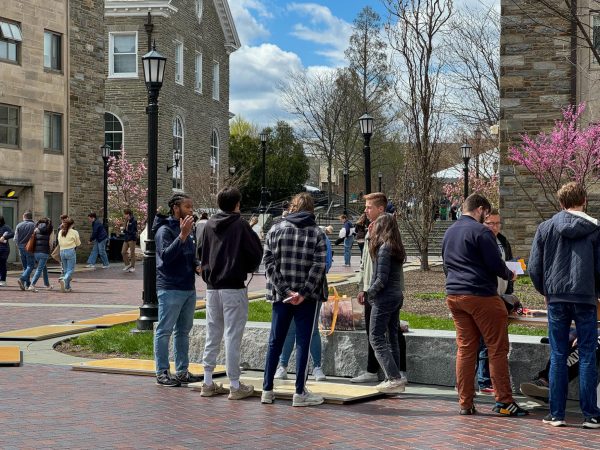Retirement plans for millennials
October 18, 2016
A 401(k) is a plan typically offered by employers to help employees save for retirement. Named for a certain section of the tax code, 401(k) plans allow employees to save a certain amount of income tax-free. Taxes are paid on the income when the money is eventually taken out of the fund, by which point employees hope to have built up a comfortable nest egg for retirement. Some companies set up the plans automatically with a minimum contribution from the company, and others require employees to set them up by agreeing to put aside a percentage of their base pay into the 401(k). Typically, employees set aside a maximum of either 10 percent or 15 percent, but for a young employee, this can certainly feel like a hefty cut of a paycheck.
The catch is that you typically cannot dip into this fund until a specified period of time has passed. Pulling out funds early can result in various serious penalties meant to incentivize employees to stay at companies for longer periods of time. To retain any savings from the account, more than one third of employers require that you stay at a job for five years, according to CNNMoney. However, one study by Fidelity investments shows that millennials stay at their jobs for an average of only three years. Consequently, about 37 percent of millennials forfeit 24 percent of their 401(k) accounts on average when they leave companies in search of new opportunities. One survey by Charles Schwab shows that retirement is a top priority for millennials. Still, it could be difficult to think seriously about something that is 40 to 50 years away, according to Bloomberg News. However, since millennials clearly continue to spend shorter than-average periods of time at their jobs, maybe it is time they start thinking.
In a survey of 20 random Villanova students, more than half said they were unclear on what a 401(k) is. Two said they didn’t know, and only five could tell me what a 401(k) plan is. This could be problematic since millennials have a reputation for job-hopping, and could therefore miss out on crucial opportunities to save money for retirement. If more millennials understood what a 401(k) is, they would stay at jobs long enough to reap the savings benefits, and take the time to set up the plans (which can involve some onerous paperwork) since the payout could be huge. Additionally, perhaps University seniors will begin to consider the respective benefits employers provide while weighing job offers. According to CNN Money, the average worker who leaves the job early leaves behind about $1,710 in savings. Leaving before the five year mark could, therefore, be more costly than we ever knew.












